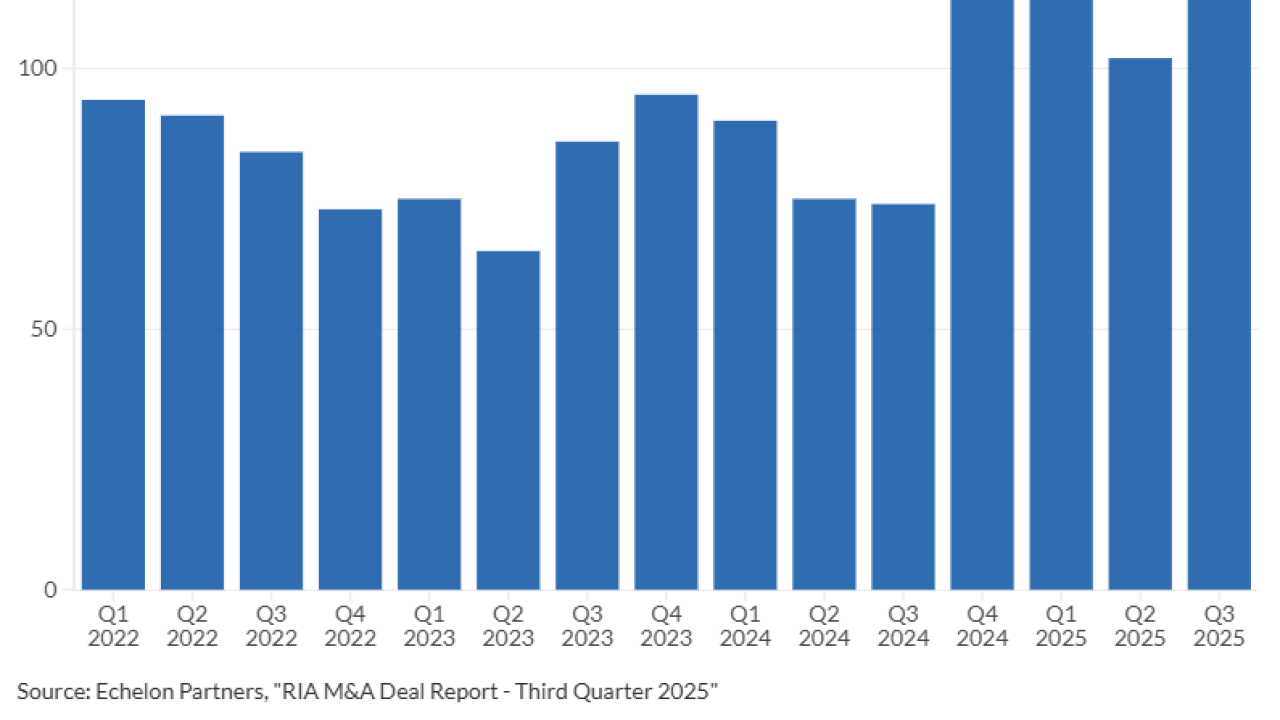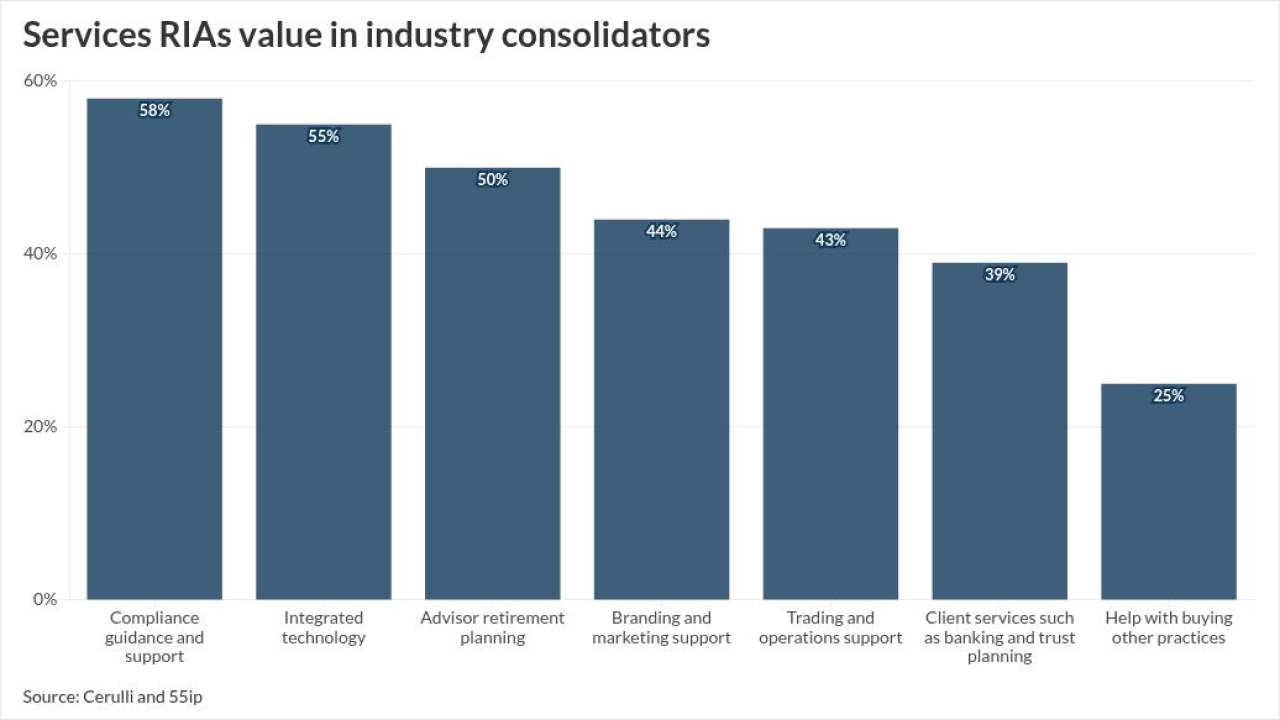Now that the Department of Labor's controversial fiduciary rule is set to become the law of the land, some CFPs are trying to tamp down concerns about how disruptive it will actually be.
On a conference call hosted by the Financial Planning Coalition, a handful of CFPs argued that the new rule will entail only a modest administrative burden and nominal costs, and won't materially affect the way they do business or serve clients.
"The new requirements will cause me to make slight modifications to the policies and procedures I use when working with clients, but will not change the fundamental core of my business," says Bob Gerstemeier, president of the Gerstemeier Financial Group.
To be sure, Gerstemeier says that he will have to make some adjustments to the client documents and agreements his firm maintains to satisfy all the new requirements.
Still, he says, the overall impact will be minimal. "The responsibility of putting my clients' interests first will have little impact to the way I operate," he says. "Ultimately, I think the new regulations requiring advisors to make more disclosures and put clients' interests first will not only make our profession better, it will ensure that more Americans receive competent, trusted and appropriate advice."
Ray Ferrara, the chairman and CEO of ProVise Management Group and a former chair of the CFP Board, agreed, taking issue with the dire warnings of critics.
"It's quite workable," says Ferrara, whose practice serves many small businesses and mid-level investors in the retirement space. "Under the best interest contract exemption, firms and advisors can continue to receive commissions for the sales of financial products and for the advice and services they provide -- they just have to make sure that the commissions are reasonable and that their advice is not influenced by the level of compensation they receive."
Since the Department of Labor unveiled its final rule for fiduciary advice last week, the reaction from many of the most vocal critics was subdued, with groups like SIFMA and FSI indicating that they are in the midst of a thoroughgoing review of the regulation to determine its likely impact on their member firms.
Marilyn Mohrman-Gillis, managing director of public policy and communications at the CFP Board, says that she is encouraged by the conciliatory comments from some leading industry players, such as LPL, Cetera and Merrill Lynch's John Thiel, who have lauded some of the changes that the Labor Department had incorporated into the final rule.
"We're really hopeful that the tide has changed in the conversation and that financial services organizations, firms and advisors will focus on implementing, rather than opposing, the rule," Mohrman-Gillis says. "At the same time, we must be careful and continue to watch for attempts to impede implementation or derail the rule, either in the form of a lawsuit or congressional action."
However, as a practical matter, she expects the DoL's rule to hold up against efforts in Congress to roll back the fiduciary regulation, and that any such measure would face a presidential veto as long as President Obama occupies the White House. (Obama has enthusiastically endorsed the Labor Department's rulemaking effort on the issue.)
"We don't see that happening," Mohrman-Gills says. "So I think we can be hopeful, but we have to be vigilant."
Read more:





